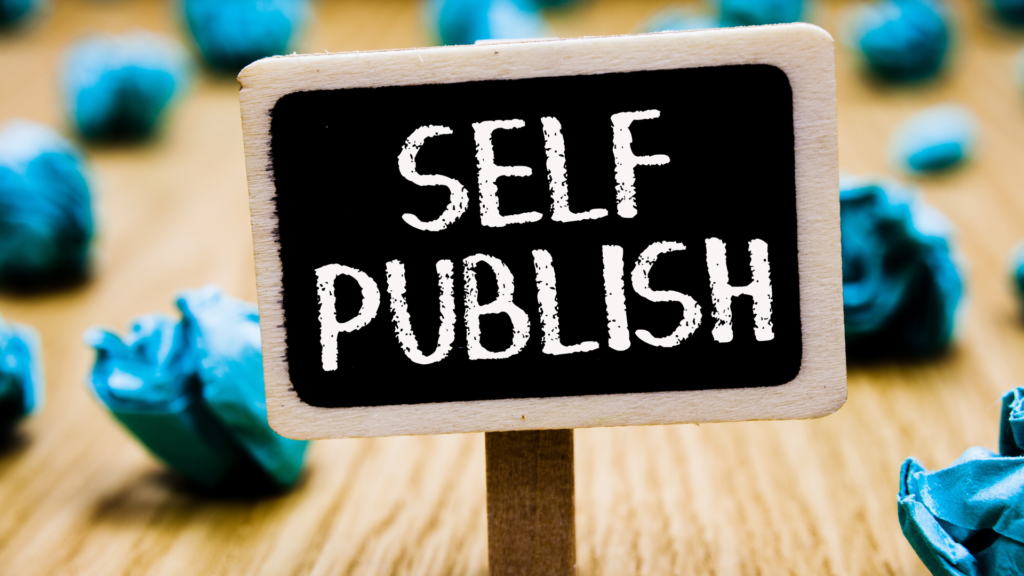Creativity is the key to success. It’s what makes us stand out from the crowd by being more innovative and unique. Creative writers are innovators. They understand that every word they write has power, so they choose their words wisely. Being a creative writer can be both challenging and rewarding, but only if you know and follow the rules.
What Are the Essential Rules for Creative Writers?
There are a few essential rules that every creative writer should follow to be successful.
1. First and foremost, you need to have a strong understanding of grammar and punctuation. This will ensure that your writing is clear and concise.
2. You need to be able to capture the attention of your reader from the very first sentence. Make sure that your opening is interesting and engaging.
Thirdly, you need to create believable characters that readers can connect with. Be sure to give your characters flaws and make them relatable.
Lastly, you need to have a strong plot-line with twists and turns that will keep readers engaged until the very end. If you can follow these essential rules, you’ll be well on your way to writing success!
How to Protect Yourself From Rejection
No writer is immune to rejection. Whether you’re submitting your work to literary magazines or trying to get a book deal, you will face rejections along the way. But there are ways to protect yourself from the sting of rejection and even use it to your advantage.
Here are some tips on how to protect yourself from rejection:
Don’t Take It Personally
Rejection is a part of the writing process, and it doesn’t mean that your work is bad or that you’re a bad writer. It can simply mean that your work wasn’t a good fit for the publication or that they had already accepted something similar. Remember that it’s not a reflection on you as a person or a writer.
Submit Your Work to Multiple Publications
The more places you submit your work, the greater the chance that someone will accept it. So don’t put all your eggs in one basket and submit to as many places as possible. And don’t give up if you get rejected – keep submitting!
Use Rejections as Motivation
If you receive a rejection, don’t let it get you down. Use it as motivation to improve your work and make it even better before submitting it again. Remember, every rejection brings you one step closer to acceptance!
Making a Good First Impression on Agents and Editors
When you’re trying to break into the publishing world, it’s important to make a good first impression on agents and editors. Here are some tips on how to do just that:
Do Your Research
Make sure you know who you’re submitting to and that your work is a good fit for their needs.
Follow the Submission Guidelines
This may seem like a no-brainer, but it’s important to follow the specific guidelines set forth by each agent or editor.
Be Professional
This includes everything from using proper grammar and punctuation in your submissions to being polite and responsive when communicating with agents and editors.
Be Patient
The publishing process can be slow, so it’s important to be patient and not get discouraged if you don’t hear back right away.
How to Stay Motivated When It Seems Like You’re Doing Everything Wrong
If you’re a creative writer, it’s easy to feel like you’re doing everything wrong. The rules of writing are always changing, and it can be hard to keep up. But don’t worry – there are some simple things you can do to stay motivated and improve your writing.
Read as Much as You Can
The more you read, the better you’ll understand what good writing looks like. And when you see good writing, it’ll inspire you to write better yourself.
Find a Writing Group or Community
There’s nothing like sharing your work with others and getting feedback to help improve your craft. And it’s also a great way to stay motivated – when you see other people working hard on their writing, it’ll inspire you to keep going with your projects.
Set Goals for Yourself
It’s important to have something to strive for, so set realistic goals for your writing and make sure to track your progress. This will help you see how far you’ve come and motivate you to keep going.
Take Breaks and Care for Yourself
It’s important to remember that creative endeavors take time and energy, so make sure to take care of yourself both mentally and physically. When you’re feeling burnt out, take a break and come back refreshed – this will help prevent burnout and keep your motivation high in the long run.
There are no set rules when it comes to creative writing, but there are a few guidelines that can help you get started. First and foremost, it’s important to just start writing. Don’t overthink things or worry about whether or not what you’re writing is any good.
The more you write, the better you’ll become at it. Additionally, try to read as much as possible in the genre or style of writing you’re interested in. Not only will this give you a better understanding of what’s out there, but it will also help inspire your creativity.
And finally, don’t be afraid to experiment and take risks with your writing. Be bold and try something new – who knows where it might lead?

